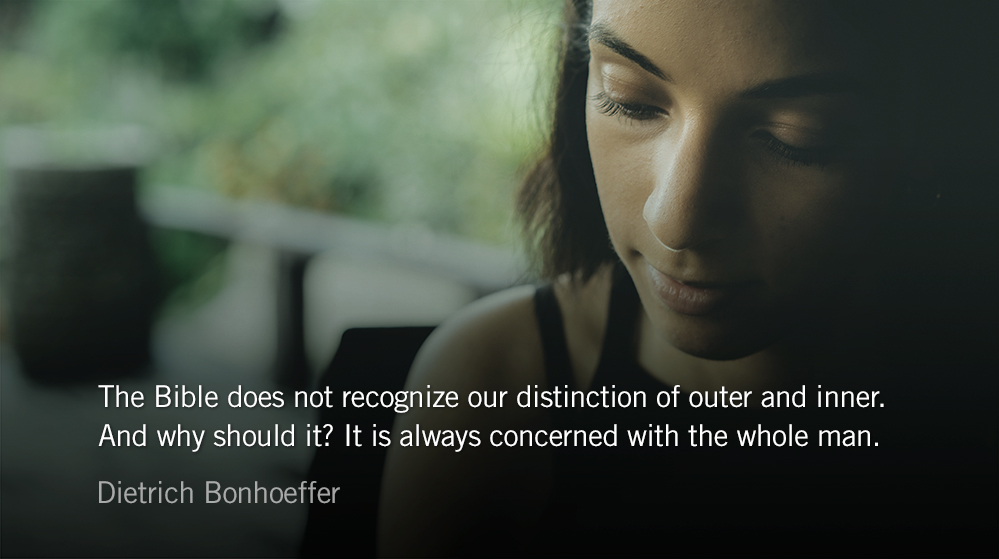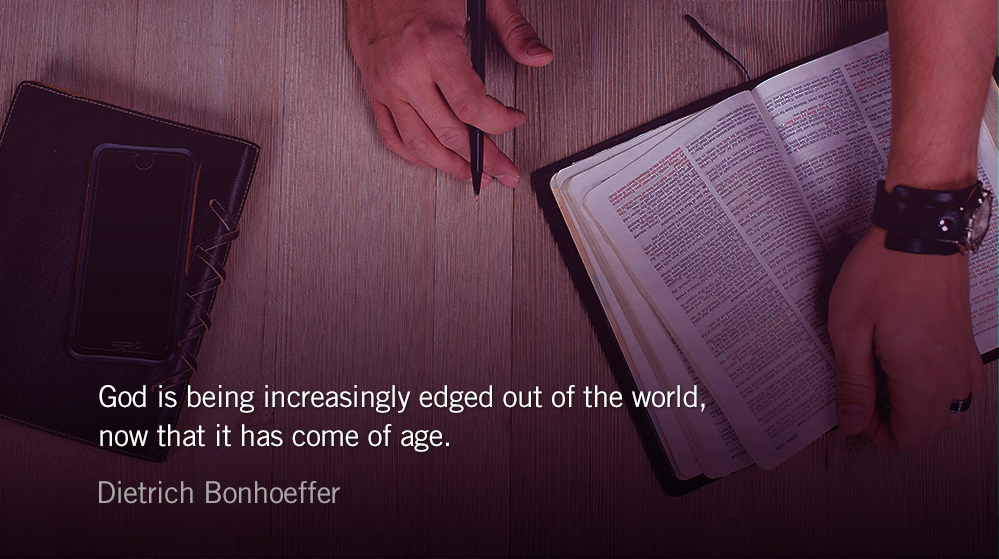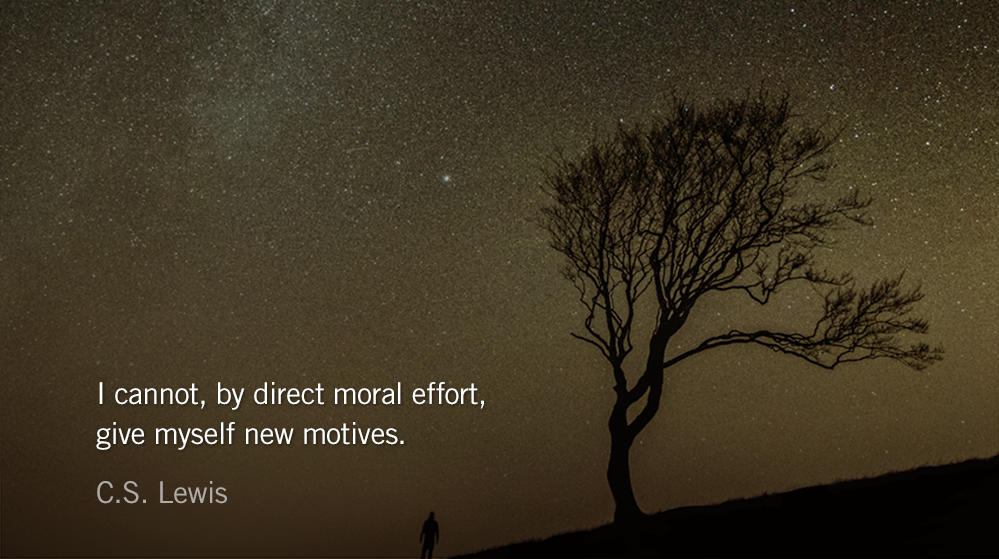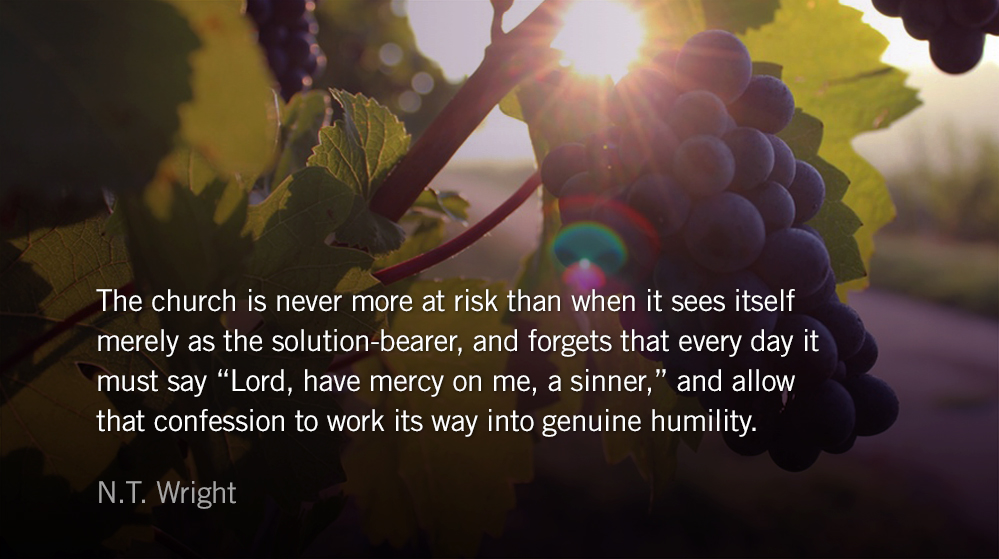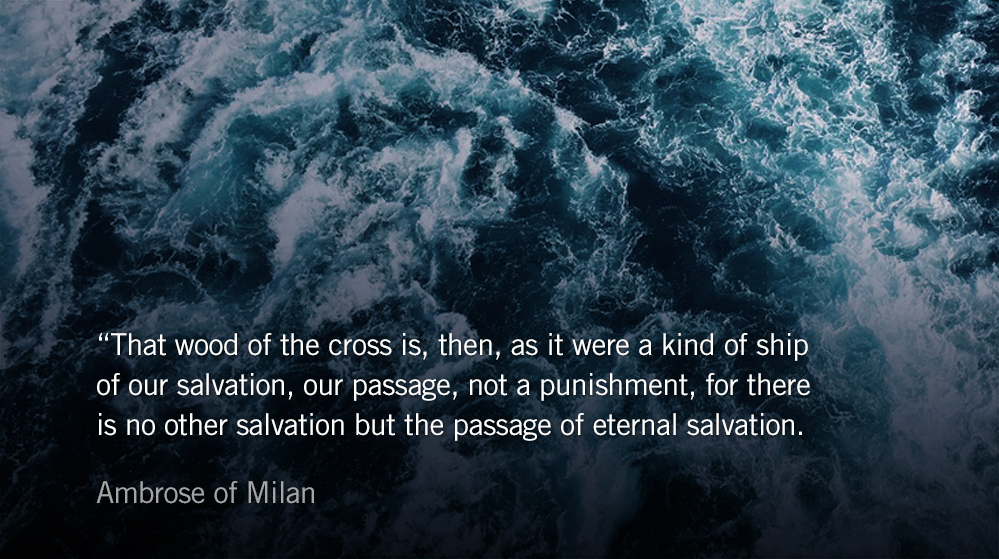Never did Jesus throw any doubt on a man’s health, vigor or fortune, regarded in themselves, or look upon them as evil fruits.
―Dietrich Bonhoeffer
Lenten Reflection: 20170406 – The Cross in the Modern World (Part II)
By Dietrich Bonhoeffer (1906-1945)
This irresponsibility and absence of bonds has its counterpart among the clergy in what I should call the ‘priestly’ snuffing around in the sins of men in order to catch them out… (See Part I)
From the theological point of view the error is twofold. First, it is thought that a man can be addressed as a sinner only after his weaknesses and meannesses have been spied out. Second, it is thought that man’s essential nature consists of his inmost and most intimate background, and that is defined as his ‘interior life’; and it is in these secret human places that God is now to have his domain!
On the first point it must be said that man is certainly a sinner, but not mean or common, not by a long chalk. To put the matter in the most banal way, are Goethe or Napoleon sinners because they were not always faithful husbands? It is not the sins of weakness, but the sins of strength (genius, hubris.), which matter here. It is not in the least necessary to spy out things. The Bible never does so.
On the second point it must be said that the Bible does not recognize our distinction of outer and inner. And why should it? It is always concerned with the whole man. It is quite un-biblical to suppose that a ‘good intention’ is enough. What matters is the whole good. The discovery of inwardness, so-called, derives from the Renaissance, from Petrarch perhaps.
The ‘heart’ in the biblical sense is not the inward life, but the whole man in relation to God. The view that man lives just as much from outwards to inwards as from inwards to outwards is poles apart from the view that his essential nature is to be understood from his intimate background.
This is why I am so anxious that God should not be relegated to some last secret place, but that we should frankly recognize that the world and men have come of age, that we should not speak ill of man in his worldliness, but confront him with God at his strongest point, that we should give up all our clerical subterfuges, and our regarding of psychotherapy and existentialism as precursors of God.
*Abridged from Dietrich Bonhoeffer’s Letters and Papers from Prison.
Prayer: The Refrain
The Lord knows our human thoughts; how like a puff of wind they are. Happy are they whom you instruct, O Lord!* whom you teach out of your law. —Psalm 94.11–12
– From The Divine Hours: Prayers for Springtime by Phyllis Tickle.
Full prayer available online and in print.
Today’s Readings
Leviticus 10 (Listen – 3:25)
Psalm 11-12 (Listen – 1:59)
This Weekend’s Readings
Leviticus 11-12 (Listen – 7:20) Psalm 13-14 (Listen – 1:43)
Leviticus 13 (Listen – 9:34) Psalm 15-16 (Listen – 2:03)

